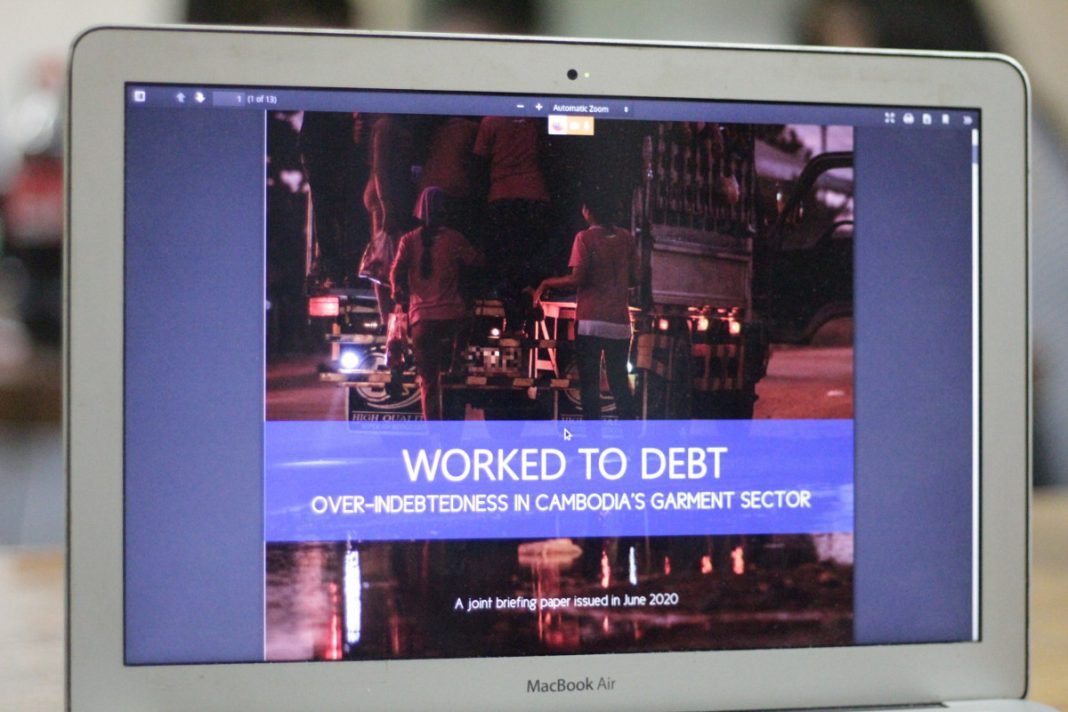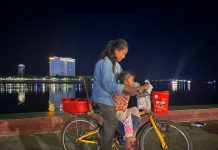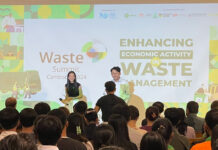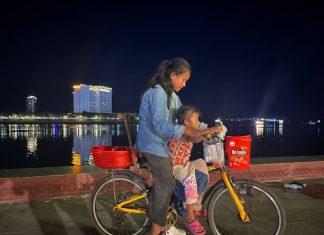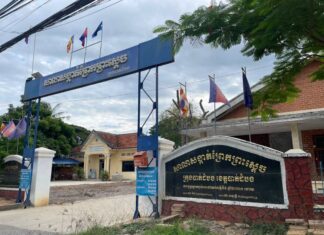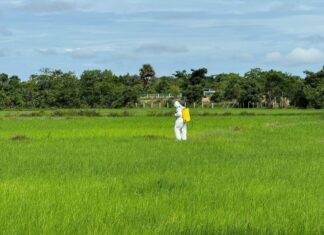Microlenders and NGOs agreed that more research was needed into the plight of borrowers, as the industry blamed illegal loan sharks for the human rights abuses alleged by civil society reports.
In “Worked to Debt,” rights group Licadho, labor NGO Central and the Cambodian Alliance of Trade Unions said there was “a mounting human rights crisis” as heavy microfinance debt and coronavirus-induced unemployment combined to deprive families of their livelihoods and land. They face “a choice between homelessness, hunger, land loss or deepening debt,” they said.
Following three weeks of trading criticisms, Licadho and the Cambodia Microfinance Association this week both called for further studies to clarify the issue.
The association’s head of communications, Kaing Tongngy, said the industry had experts that could verify and further investigate the allegations in the NGO report, and microlenders wanted to participate in the civil society research.
“The Cambodia Microfinance Association contacted them saying that we wanted to join,” Tongngy said. “We did not want to interfere in their integrity and independence in their work, but still they did not want us to join with them in their research.”
If the NGOs — which interviewed 162 union members for the report — wanted to expand their research to be a genuine national survey, the association could assist and take the results to its members, he said.
“We know that studying a sector for the whole country requires spending a lot of resources and [a large] budget,” Tongngy said.
He said that according to follow-up interviews conducted by the association, the report’s allegations conflated microfinance debt with loans from illegal moneylenders.
“When they interviewed the experiences of migrants, their stories were attributed to microfinance debt,” he said. “But the borrowers are not borrowing from microfinance — most of the debt, more than 80 percent, is private debt.”
Informal lending was “completely against the law,” and “the whole MFI sector is against this informal debt because of the high interest rates and lack of protection mechanisms,” he added.
Licadho’s monitoring manager, Am Sam Ath, defended the report’s methodology, including criticisms about how it had protected the identities of interviewees, and said it was best for independent researchers to also contribute to the debate.
“The microfinance associations and NGOs have their own studies that maintain independence and integrity,” he said. “So if there were independent researchers working on all this research, it would be good.”
The NGOs’ aim was to ensure ethical lending and protect the rights of the borrower, Sam Ath added.
“It would not seem to affect microfinance institutions [negatively] but rather help them because if we find [problems] they will be able to look into them extensively,” he said.
On July 15, the microfinance association requested an immediate correction to the “Worked to Debt” report as well two previous reports, claiming inaccuracies in their case studies. The NGOs published an open letter standing by their research the following day.


